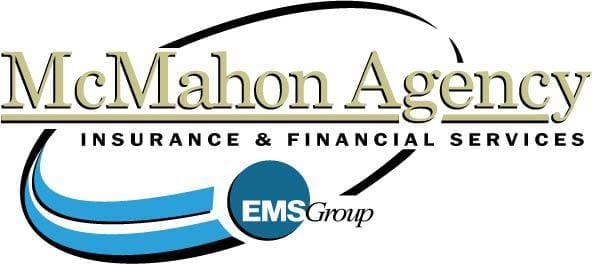A 401(k) is widely used to facilitate retirement savings, providing employees with a tax-advantaged way to build their nest egg. When an employer goes out of business, employees often worry about the security of their 401(k) funds. Fortunately, 401(k) plans are protected by federal laws and typically remain intact.
Ownership of a 401(k) Account
401(k) accounts are owned by employees, not employers, ensuring the security of their retirement savings. This ownership means that funds in a 401(k) are protected and remain with the employee, regardless of the employer’s financial status or business continuity. Thus, employees can rest assured that their 401(k) savings are safe, even if their employer goes out of business.
A 401(k) account includes vested and non-vested funds. Vested funds are wholly owned by the employee, while non-vested funds are subject to a vesting schedule and become the employee’s property over time. In case of employer bankruptcy, vested funds remain secure and unaffected. Non-vested funds, however, may be at risk and potentially lost, depending on the plan’s rules and the employer’s financial situation.
Plan Termination Procedures
When an employer terminates a 401(k) plan, they must adhere to specific procedures. The employer is responsible for following these procedures and ensuring compliance with legal requirements. The plan administrator plays a central role in this process, overseeing the distribution of assets to employees.
Employers are required to notify employees about the plan termination, providing clear information on the timeline for distribution. Employees will also be informed about their options for rolling over their 401(k) funds into another retirement account, ensuring they can securely transfer their savings without penalties or tax implications. This process protects employees’ retirement assets during plan termination.
Protection Under ERISA
The Employee Retirement Income Security Act (ERISA) protects employee retirement plans, ensuring that 401(k) funds are held in trust, separate from employer assets. This separation guarantees that employees’ retirement savings remain secure even if the employer faces financial difficulties.
While ERISA provides comprehensive protection for 401(k) plans, it also oversees the Pension Benefit Guaranty Corporation (PBGC), which insures defined benefit plans. Participants in these plans will receive their benefits if their plan is underfunded or the employer cannot meet its obligations. However, PBGC insurance does not apply to 401(k) plans inherently safeguarded by ERISA regulations.
Options for Your 401(k) After Employer Closure
After your employer closes, you have several options for managing your 401(k):
- Rolling Over to an IRA:
Rolling over your 401(k) into an Individual Retirement Account (IRA) has several benefits, including a broader range of investment options and potentially lower fees. To initiate a rollover, contact your 401(k)-plan administrator and your IRA provider to facilitate a direct rollover, which transfers funds directly from your 401(k) to the IRA, avoiding taxes and penalties. - Transferring to a New Employer’s 401(k) Plan:
If your new employer offers a 401(k) plan, you might transfer your old 401(k) funds into the new plan. This can simplify managing your retirement savings by consolidating accounts. However, consider the investment options and fees of the new employer’s plan versus those of an IRA. Compare the benefits of maintaining your savings in a new employer’s plan with the flexibility and control offered by an IRA. - Leaving Funds in the Current Plan:
You can leave your funds in the existing 401(k) plan if it remains active. This option might be suitable if the plan has strong investment options and low fees. However, you may be forced to move your funds if the plan is terminated. Additionally, you may have limited control and access to your funds compared to an IRA or a new 401(k) plan. Evaluate the stability and terms of the existing plan before deciding to leave your funds there.
Seeking Professional Advice
Consider consulting a financial advisor to better understand your financial options and make informed decisions, especially when dealing with complex financial situations. They can offer advice and help you plan for the future so you can be confident you’re making the best choices for your unique circumstances.
For additional information, contact plan administrators or financial advisors directly. Websites such as the Financial Planning Association (www.onefpa.org) and the Certified Financial Planner Board of Standards (www.cfp.net) also provide valuable resources. Remember, you can turn to one of our local agents as an additional advisor to help you make changes to your employee benefits to help ensure your retirement savings are safe and secure.
